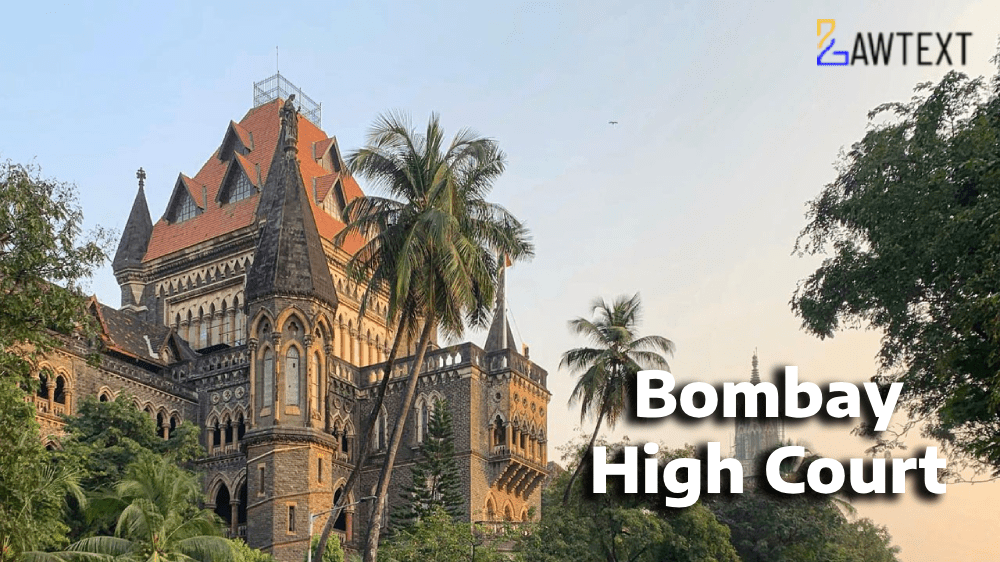Caste Claim Rejection of 'Mana' Scheduled Tribe by Bombay High Court. Verification Process for Caste Claims: Pre-Constitutional Documents Hold Higher Probative Value

CASE NOTE & SUMMARY
The Bombay High Court dismissed the writ petition filed by the Petitioner challenging the rejection of his "Mana" Scheduled Tribe claim by the Scheduled Tribe Caste Certificate Scrutiny Committee. The Court upheld the Committee's findings that the petitioner failed to substantiate his caste claim, primarily relying on tampered documents and ignoring adverse entries in pre-Constitutional records. It emphasized that the oldest documents, especially from 1913-1944, showing "Mani/Mane/Malgujar" as caste entries, have greater evidentiary value. The Court reiterated that sub-tribes with prefixes/suffixes or similar names cannot be included in the "Mana" Scheduled Tribe category.
1. Introduction and Background (Paras 1-3)
- The petitioner, a student, sought recognition as belonging to the "Mana" Scheduled Tribe based on a caste certificate issued in 2018.
- His application for caste verification was rejected by the Scheduled Tribe Caste Certificate Scrutiny Committee on 26.09.2023, citing discrepancies in documentation.
2. Submission of Documents and Committee’s Assessment (Paras 4-5)
- The petitioner presented 16 documents, including old records and validity certificates of relatives.
- The Vigilance Cell identified adverse entries from pre-Constitutional records, such as "Mani/Mane/Malgujar," contradicting the claim of "Mana."
3. Petitioner’s Arguments (Paras 6-8)
- The petitioner relied on judgments, including Apoorva Nichale (2010) and Priya Gajbe (2023), arguing the errors in caste entries as clerical mistakes.
- Claimed improper rejection of evidence by the Committee, emphasizing documents showing "Mana."
4. Respondent’s Counterarguments (Paras 9-10)
- The Vigilance Cell reported tampering in critical documents, including land and school records, where "Mani" was altered to "Mana."
- Cited multiple entries of "Mani/Mane/Malgujar" in pre-1944 records with higher probative value.
5. Legal Analysis and Findings (Paras 11-25)
- The Court assessed the petitioner’s documents against adverse entries from 1913-1944, ruling them as inconsistent with his claim.
- Affirmed the precedence of the Full Bench judgment in Maroti Gaikwad v. Deputy Director (2023), which strictly interpreted "Mana" without allowing similar sub-tribes to claim the status.
- Found the petitioner’s reliance on fabricated or manipulated documents to substantiate his claim unconvincing.
6. Rejection of Ancestors’ Validity Certificates (Paras 26-27)
- Validity certificates of relatives lacked affidavits of blood relation and were based on questionable evidence, undermining the petitioner’s claim.
7. Conclusion and Dismissal (Paras 28-31)
- The Court dismissed the petition, affirming that the petitioner failed to discharge the burden of proof under Section 8 of the Maharashtra Scheduled Castes, Scheduled Tribes, Denotified Tribes, Nomadic Tribes, Other Backward Classes, and Special Backward Category (Regulation of Issuance and Verification of) Caste Certificate Act, 2000.
Key Acts and Sections Discussed:
-
The Presidential Scheduled Tribe Order, 1950
- "Mana" Scheduled Tribe inclusion and its strict interpretation.
-
Section 8 of Maharashtra Caste Certificate Act, 2000
- Burden of proof lies on the claimant to establish the caste claim.
Ratio Decidendi:
-
Adverse Entries Take Precedence:
The Court ruled that older documents showing "Mani/Mane/Malgujar" as caste entries outweighed later manipulated records suggesting "Mana."
-
Strict Interpretation of "Mana":
The term "Mana" in the Scheduled Tribe list is strictly construed, disallowing claims by sub-tribes with similar names.
-
Tampering Disqualifies Claims:
Reliance on tampered evidence, such as altered caste entries in land and school records, renders the claim invalid.
Subjects:
Scheduled Tribe Verification, Caste Disputes, Tampered Evidence
#CasteVerification #ManaScheduledTribe #DocumentTampering #PreConstitutionalRecords
ISSUE OF CONSIDERATION
Ansh s/o Kiran Gharat Versus The Schedule Tribe Caste Certificate Scrutiny Committee
Citation: 2024 LawText (BOM) (11) 222
Case Number: WRIT PETITION NO. 2999 OF 2024
Date of Decision: 2024-11-22
Case Title: Ansh s/o Kiran Gharat Versus The Schedule Tribe Caste Certificate Scrutiny Committee
Before Judge: NITIN W. SAMBRE & ABHAY J. MANTRI, JJ.
Advocate(s): Ms.Rashi Nagrare, Advocate, with Mr. Ashwin Deshpande, Advocate for the Petitioner. Mr. N.S. Rao, Assistant Government Pleader for respondent.
Appellant: Ansh s/o Kiran Gharat
Respondent: The Schedule Tribe Caste Certificate Scrutiny Committee

